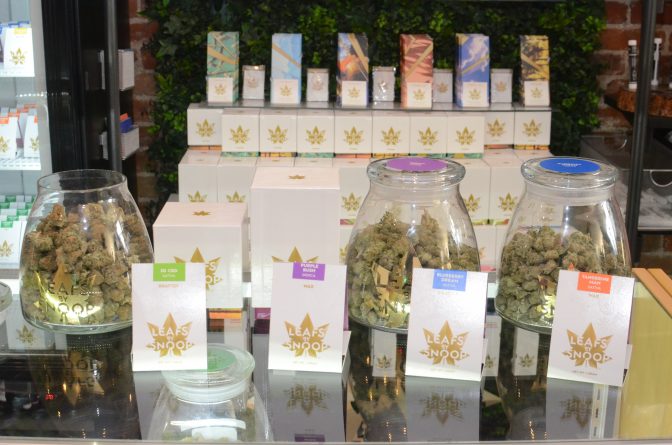Marijuana Legalization Staying Alive in Maine And Vermont

Efforts to legalize cannabis for adults in additional states this year got a big boost this week in Maine when Maine’s Secretary of State Matthew Dunlap re-certified more than 11,000 petition signatures that were initially rejected. The new total puts the issue of full marijuana legalization to Maine voters during the general election in November.
Almost half of the 99,000 petition signatures submitted by the Campaign to Regulate Marijuana Like Alcohol were called into question. But the broad rejections were challenged.
«Our work was clearly vindicated,» Maine Rep. Diane Russell (D- Portland) tells Freedom Leaf. «We stood strong for the right of the people to petition their government. We dotted our I’s and crossed our T’s.»
The move by Dunlap brings the signature total above the level needed to qualify. Many observers held little hope after the signature issue. Now everything is back on track.
«In the middle of a heroin epidemic, we should be focusing our resources toward fighting addiction – not responsible adults who consume marijuana,» Rep. Russell adds.
Polling shows that Maine voters do support the issue by a 54% margin, but it could be close on election day. The Maine ballot measure would allow adults to possess 2.5 ounces of marijuana, grow up to six flowering plants and purchase pot from licensed stores.
Maine joins Nevada, which will also have marijuana legalization on the November 2016 ballot. Both campaigns have the support of the Marijuana Policy Project. MPP is also backing efforts in Arizona, California and Vermont.
There were also more twists and turns for legalization in Green Mountain State, where the state Senate passed a bill to tax and regulate cannabis in February. But the House started to make some significant changes. Instead of retail stores, state reps could only agree on allowing residents to grow their own (two plants).
 But the Senate is holding out for the comprehensive solution. First, some Senators and supportive House members floated the idea of a non-binding voter referendum. Letting Vermonters weigh in on Election Day would be more like an official state poll of support.
But the Senate is holding out for the comprehensive solution. First, some Senators and supportive House members floated the idea of a non-binding voter referendum. Letting Vermonters weigh in on Election Day would be more like an official state poll of support.
The Vermont Senate already paid $20,000 for the RAND Corporation to study their current underground cannabis market and propose a template for regulation.
State senators decided to attach the whole marijuana legalization bill to a completely unrelated piece of legislation they were sending back to the House. It’s kind of a high school government club move, and easily thwarted, but the point is clear: Pass the bill.
Vermont is trying to be the first state to legalize cannabis through the legislative process alone. So far, they’re only making the case for legalizing direct voter referendums.
Check out a rundown of all the 2016 legalization efforts in the latest issue of Freedom Leaf Magazine here.


